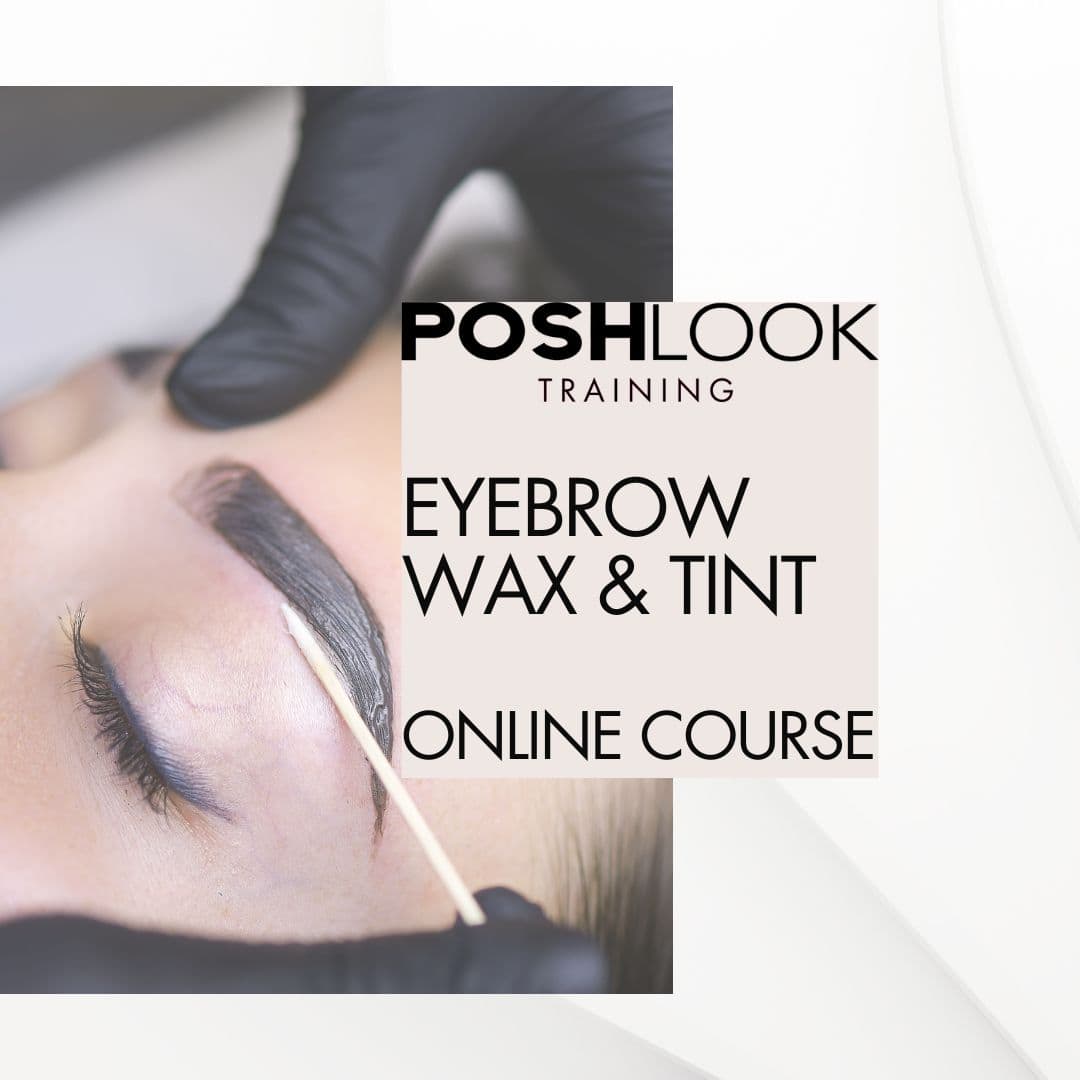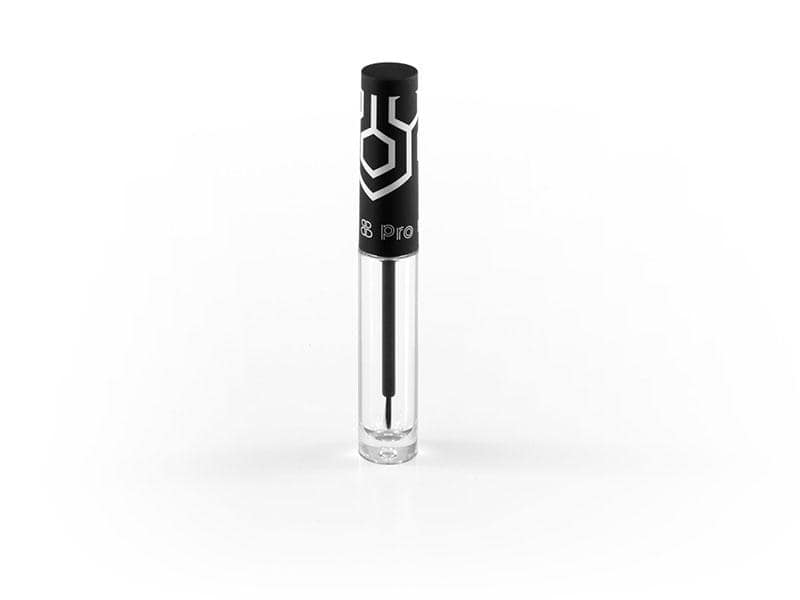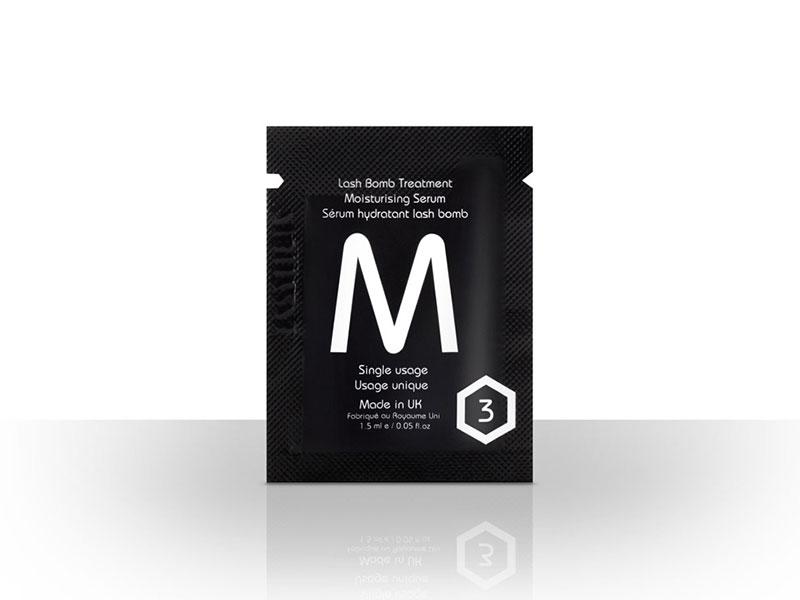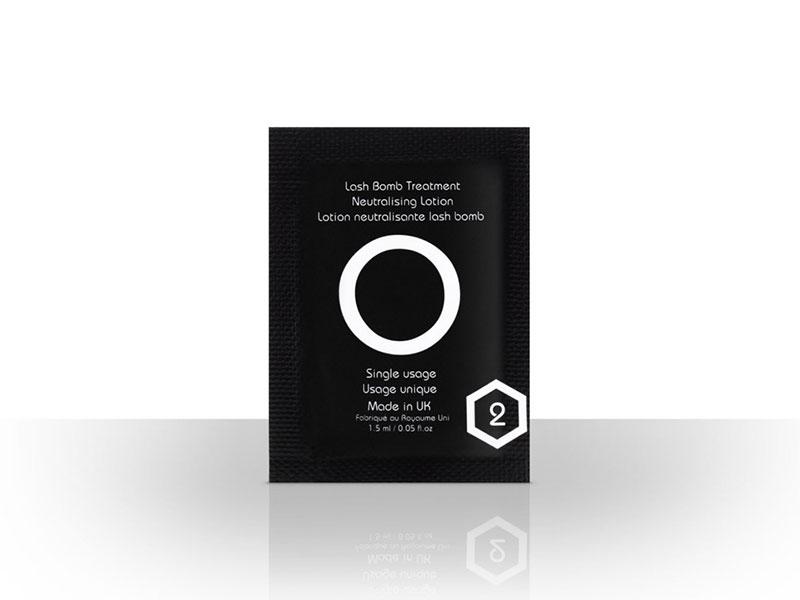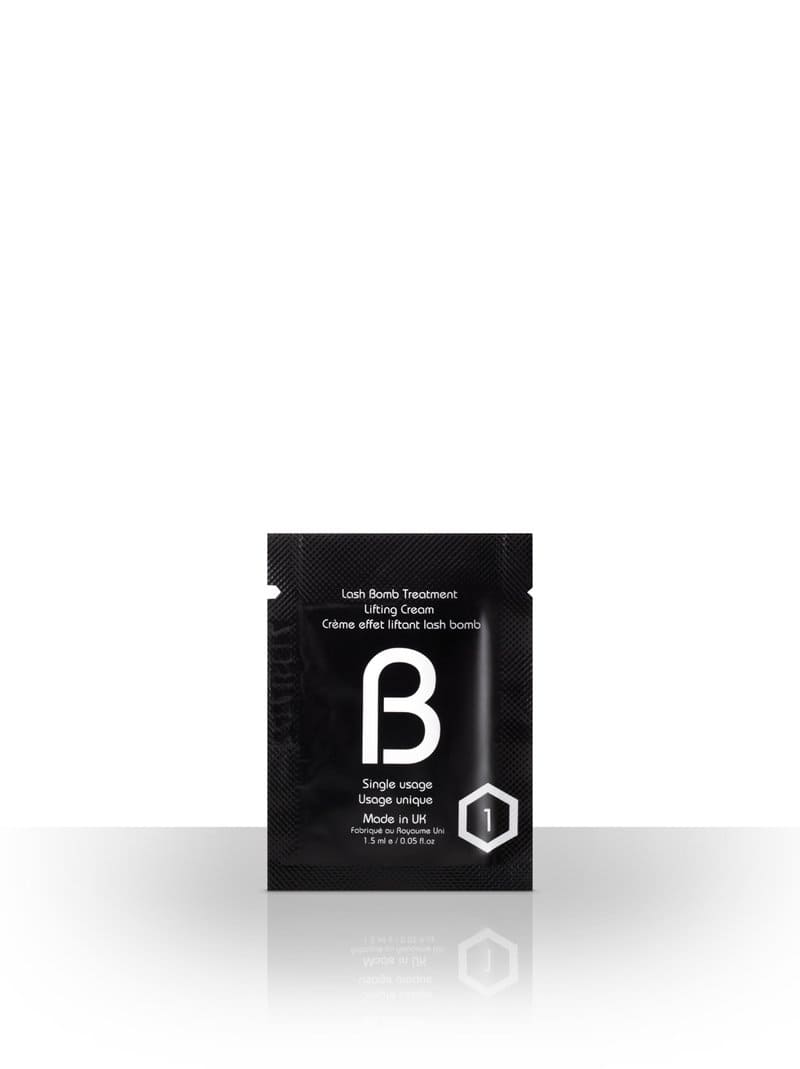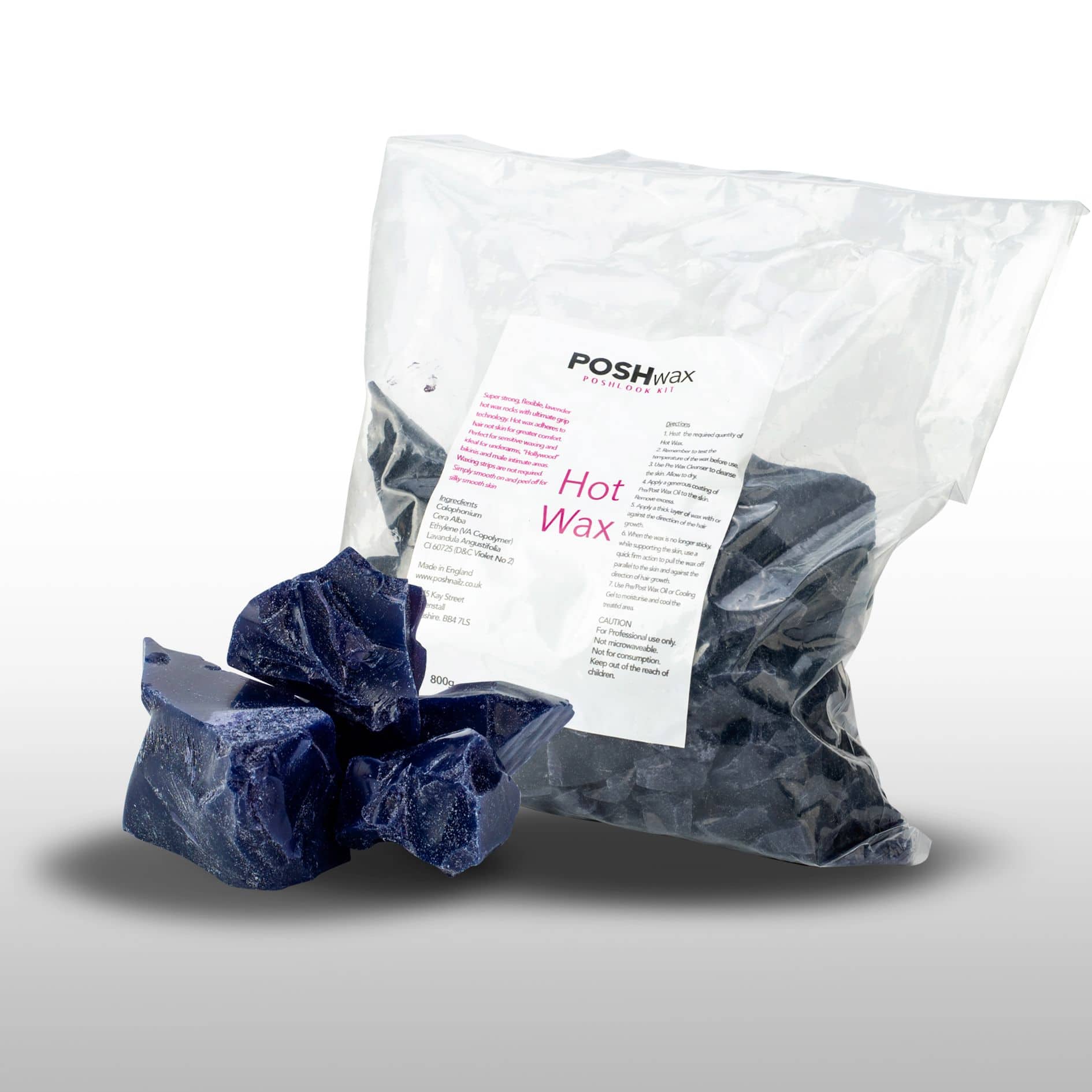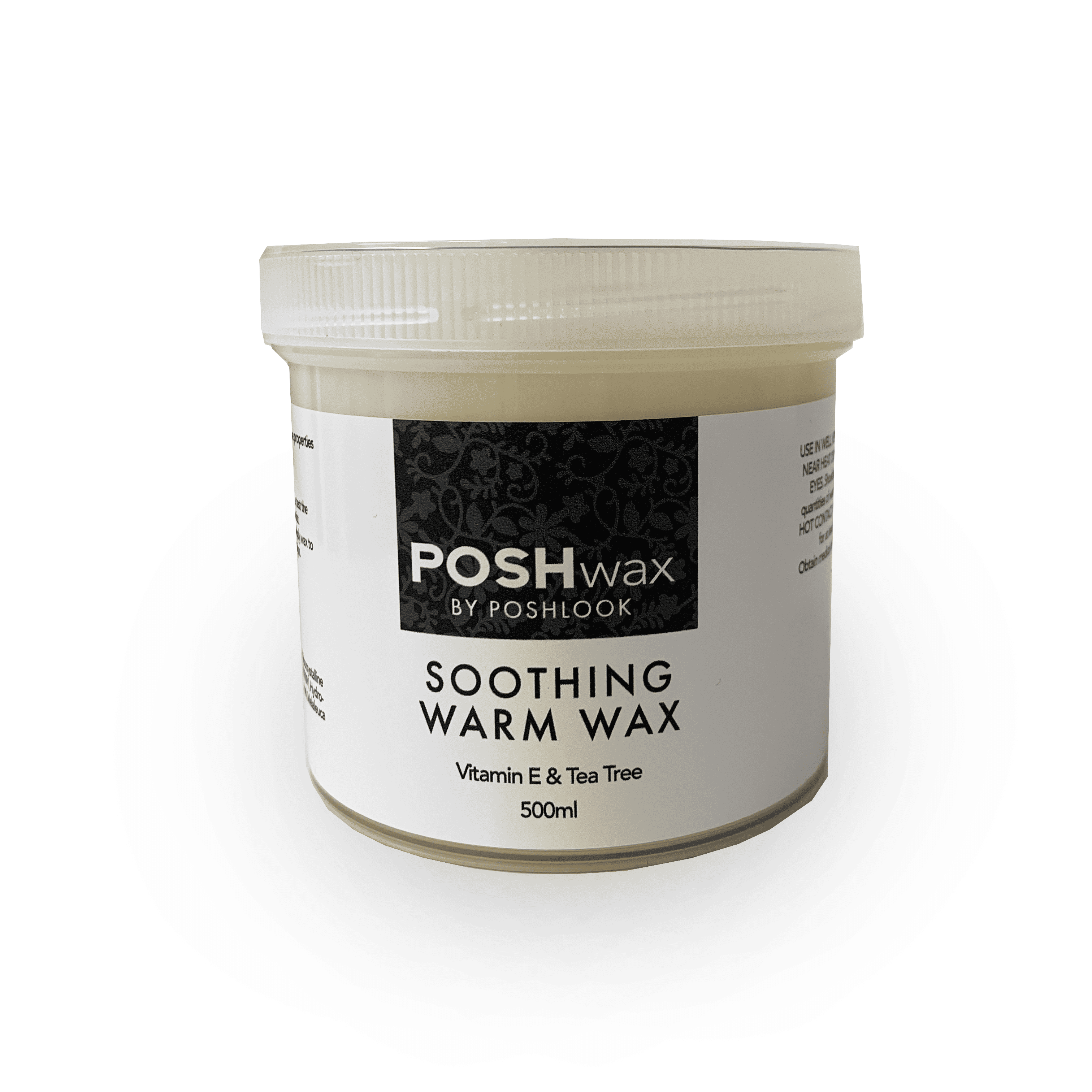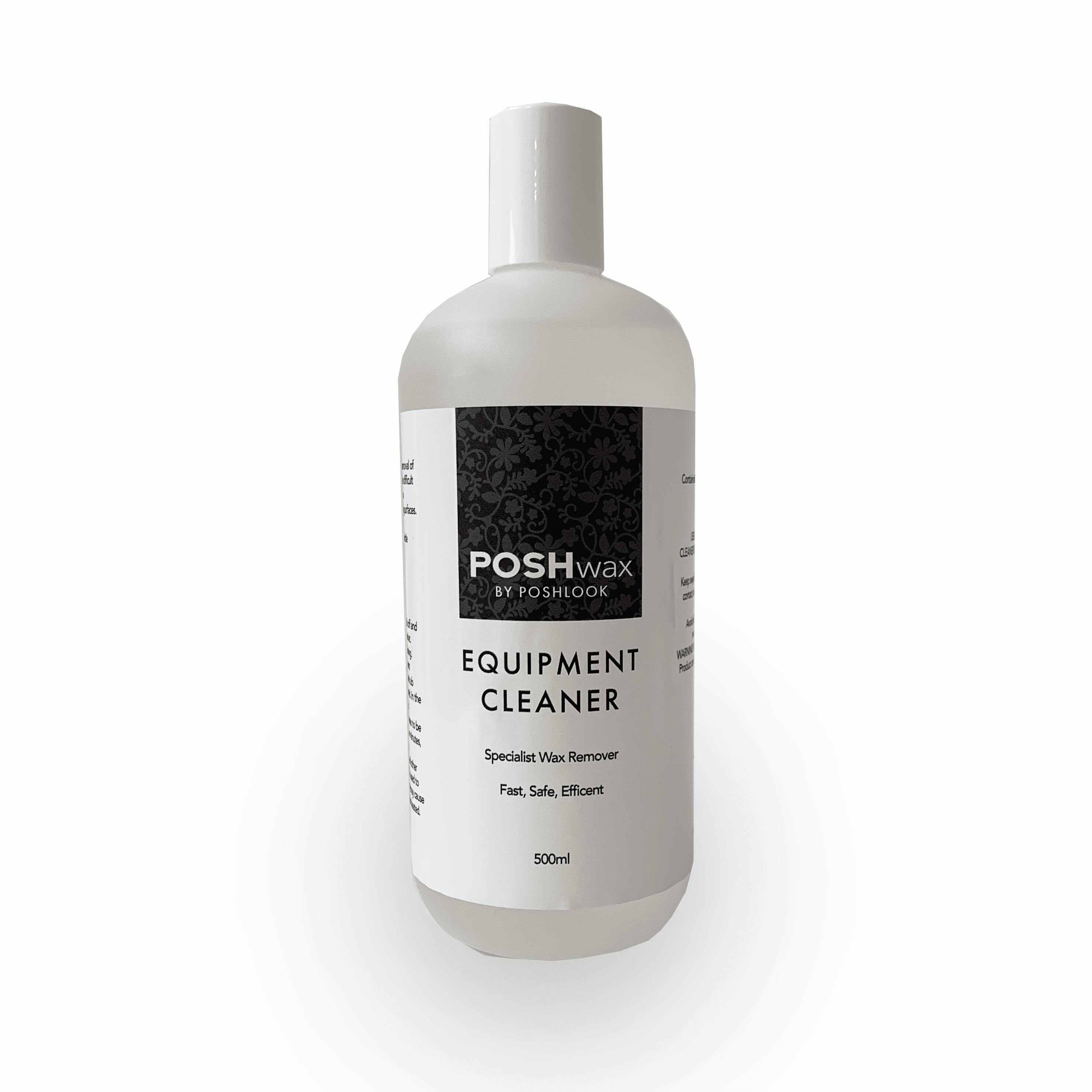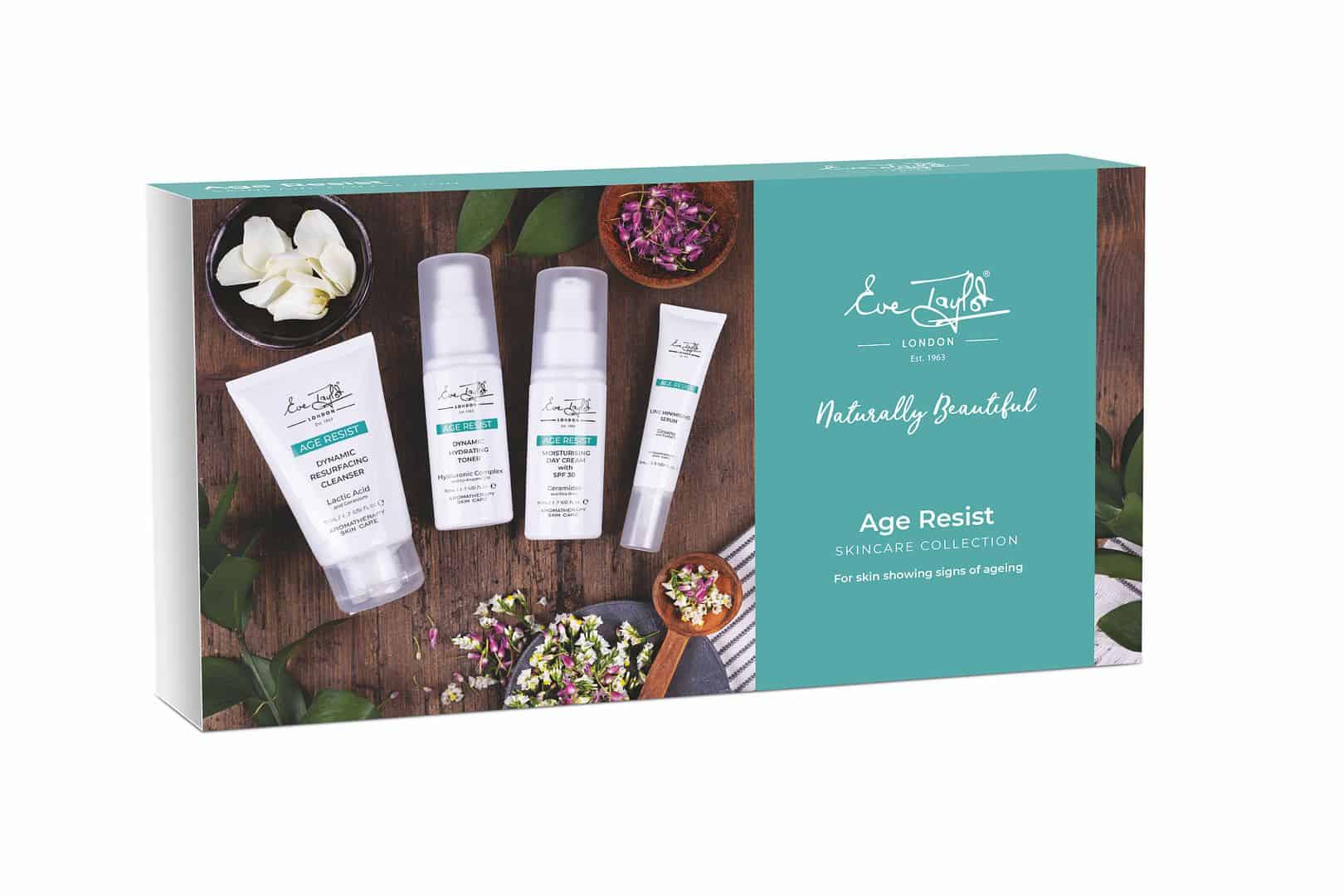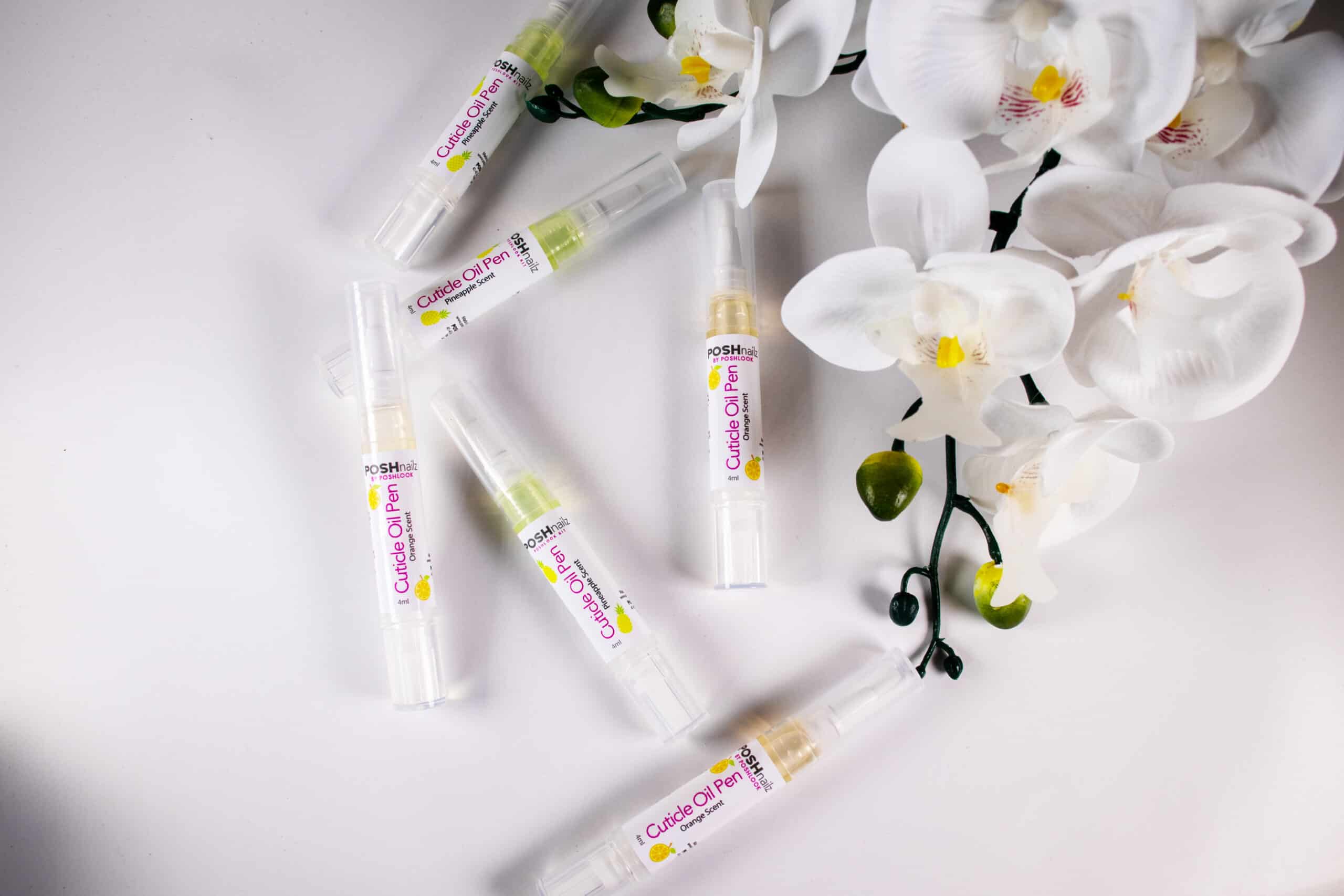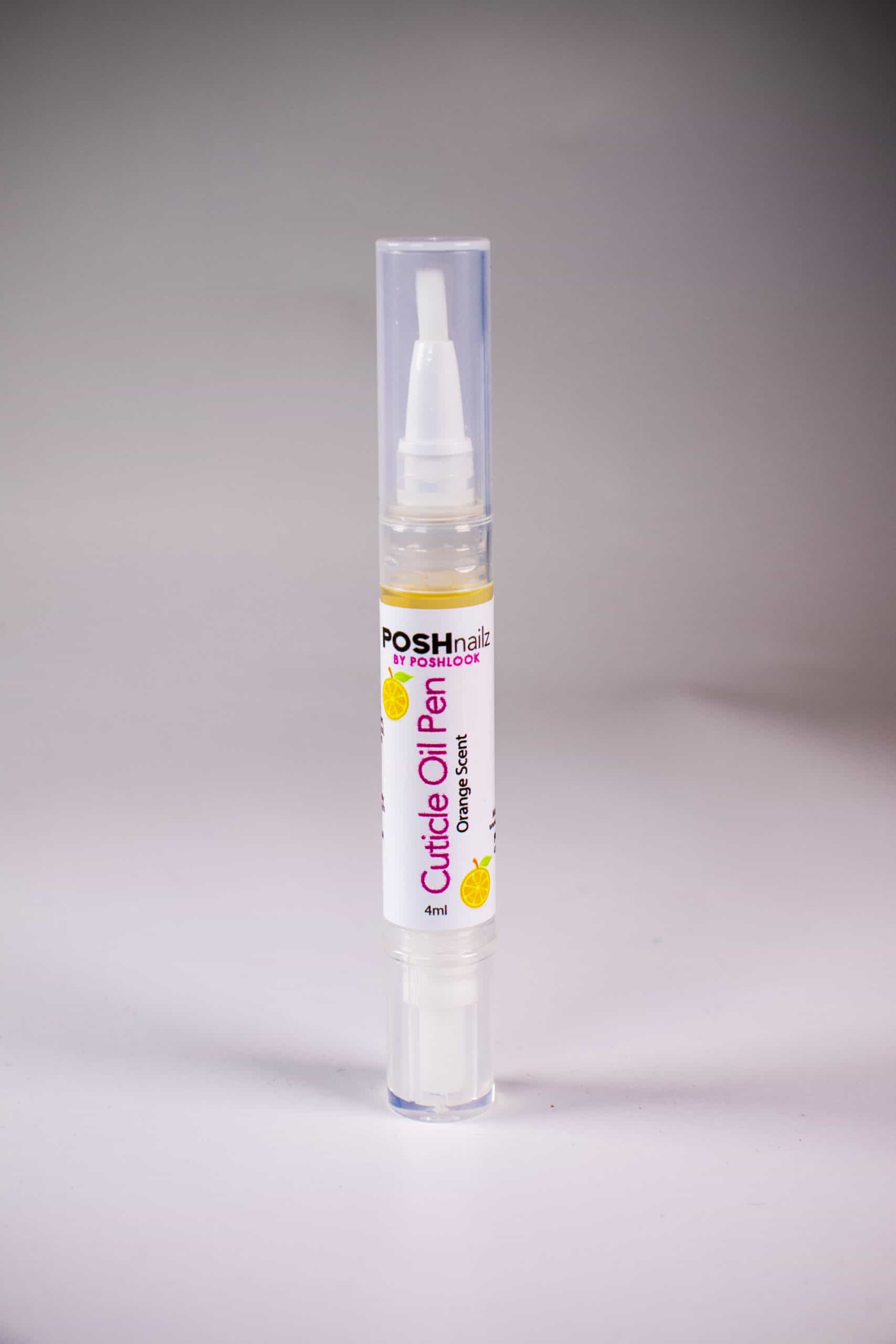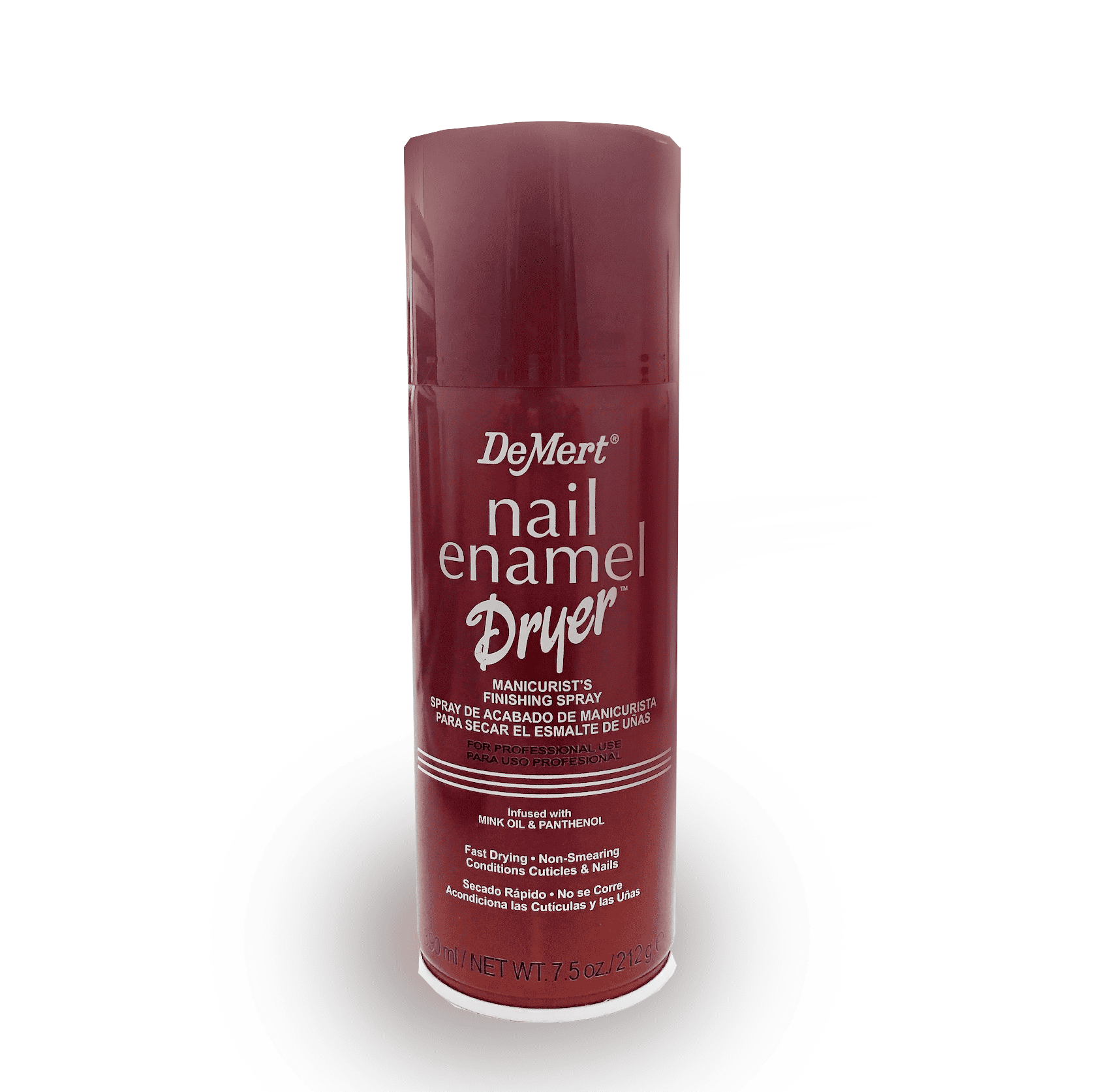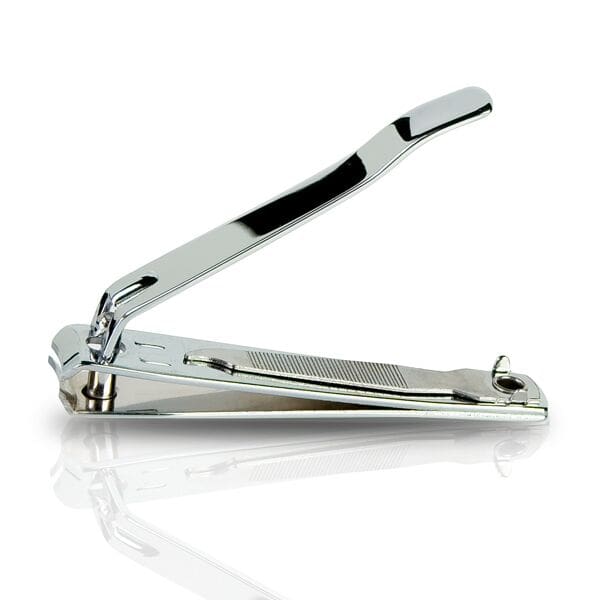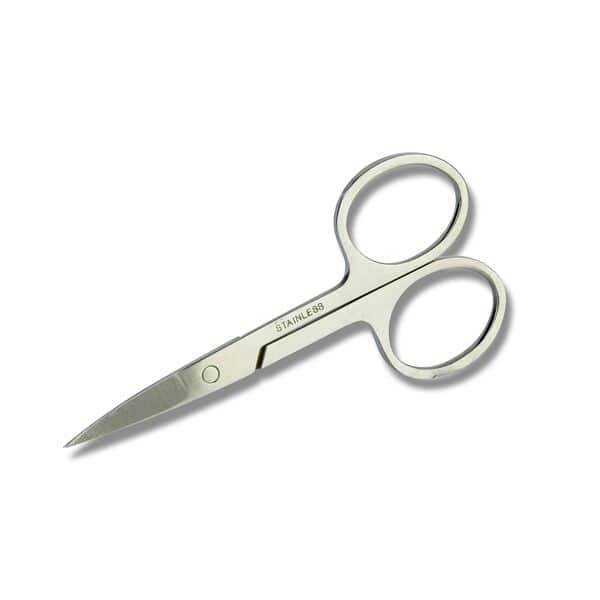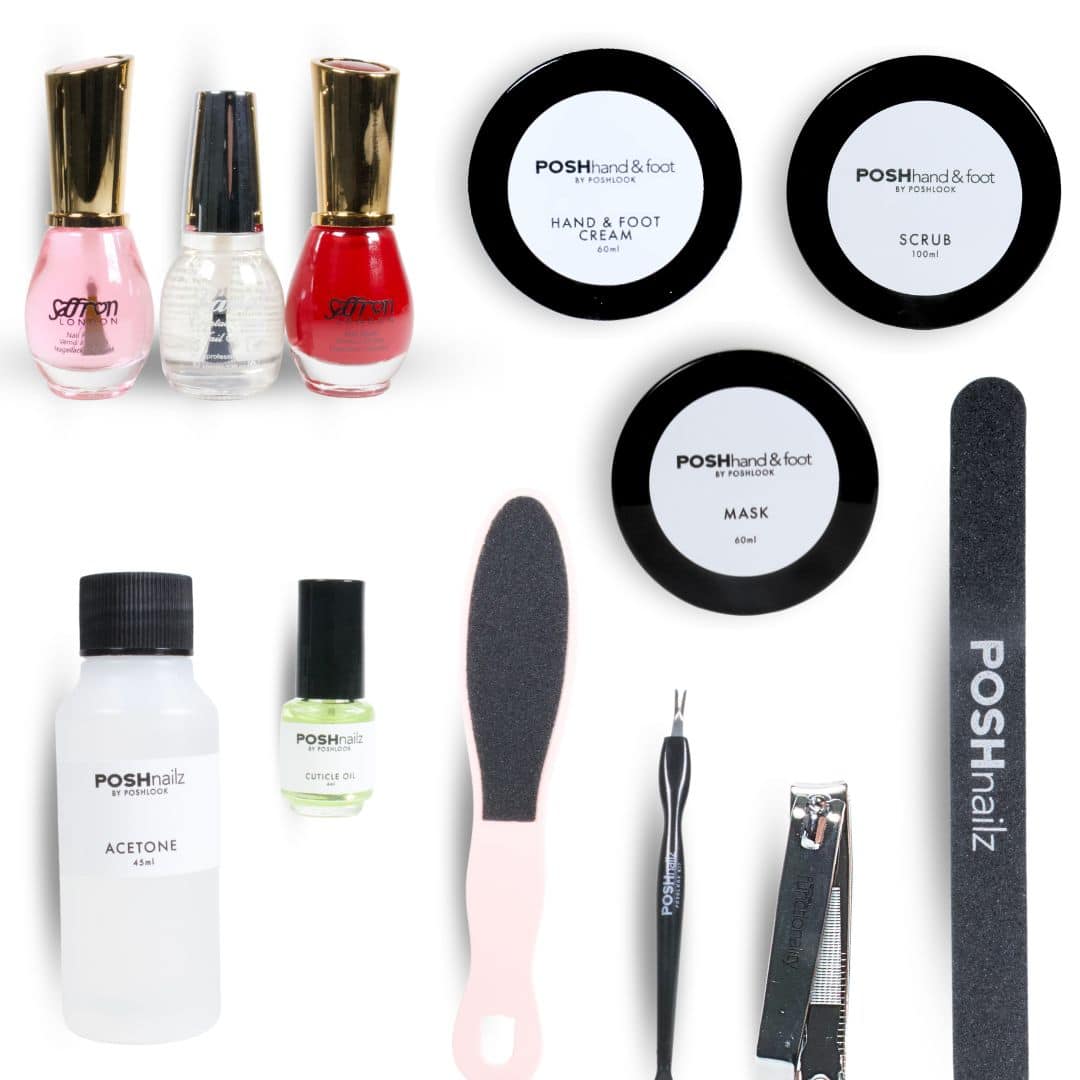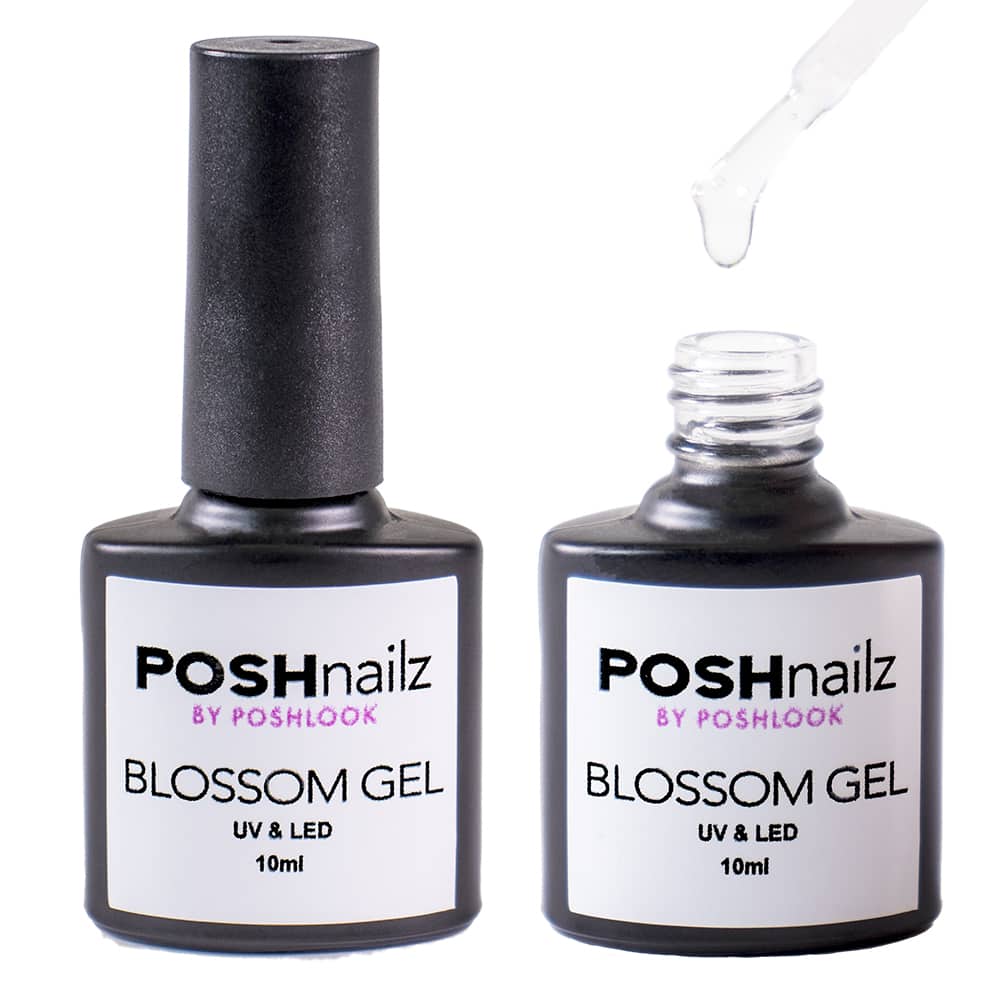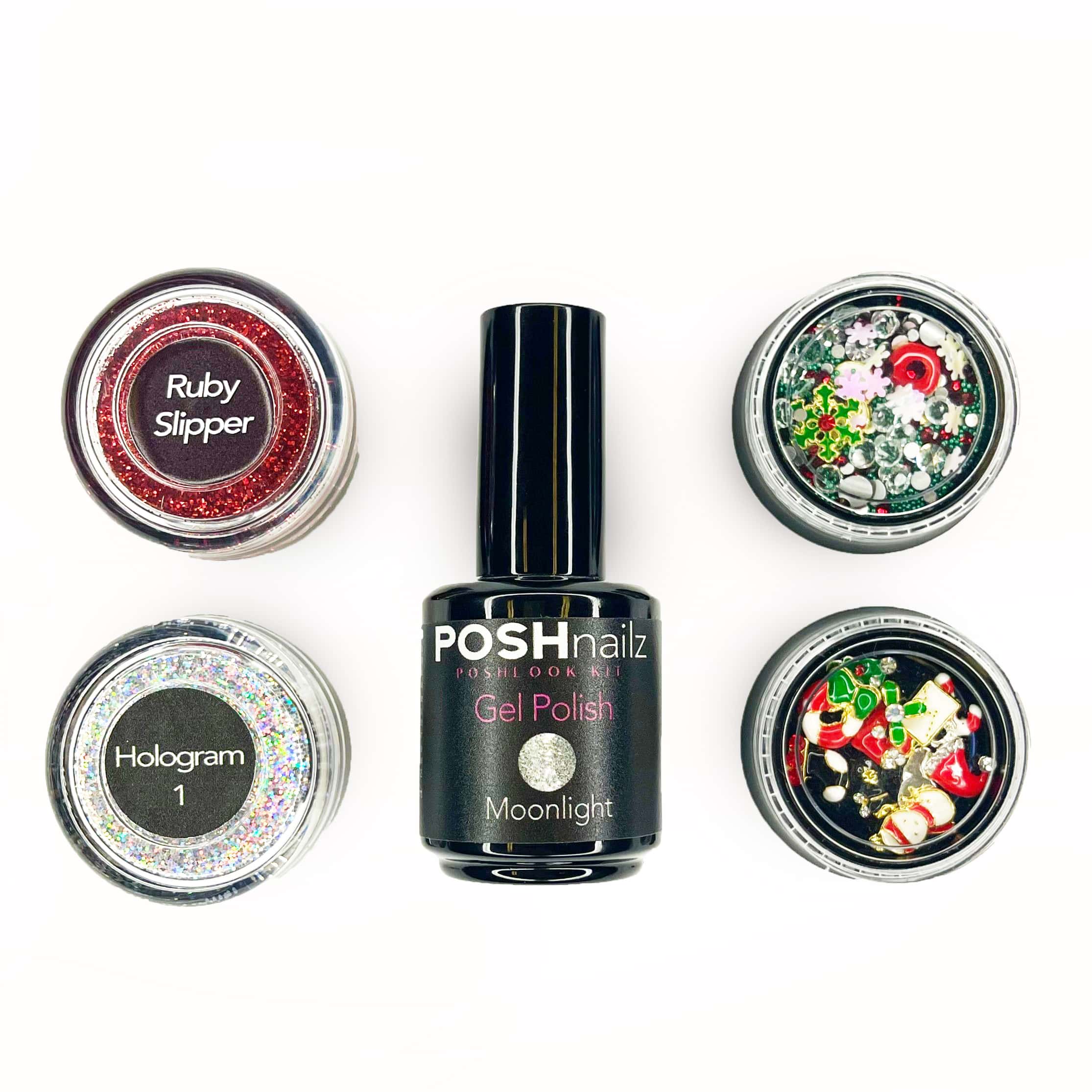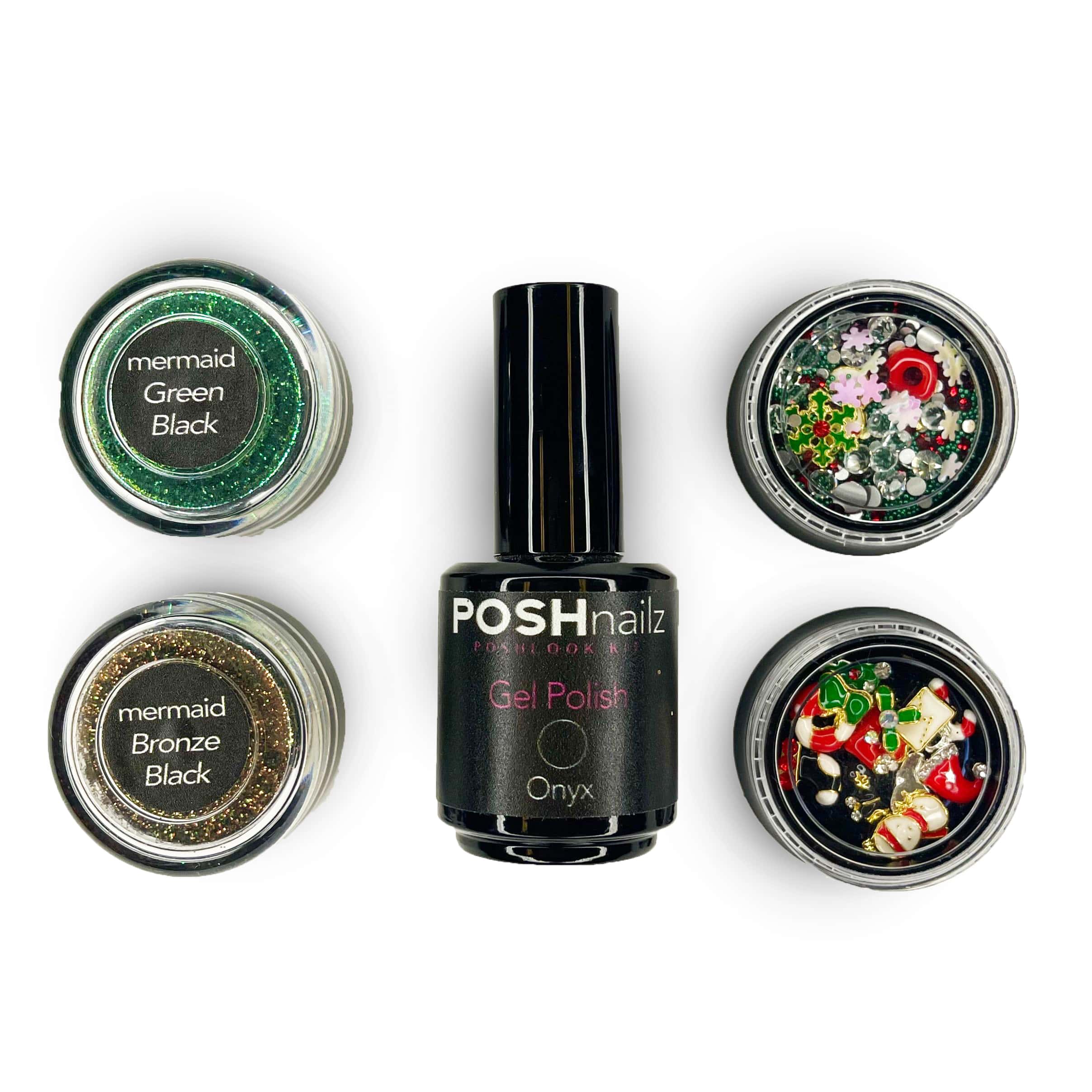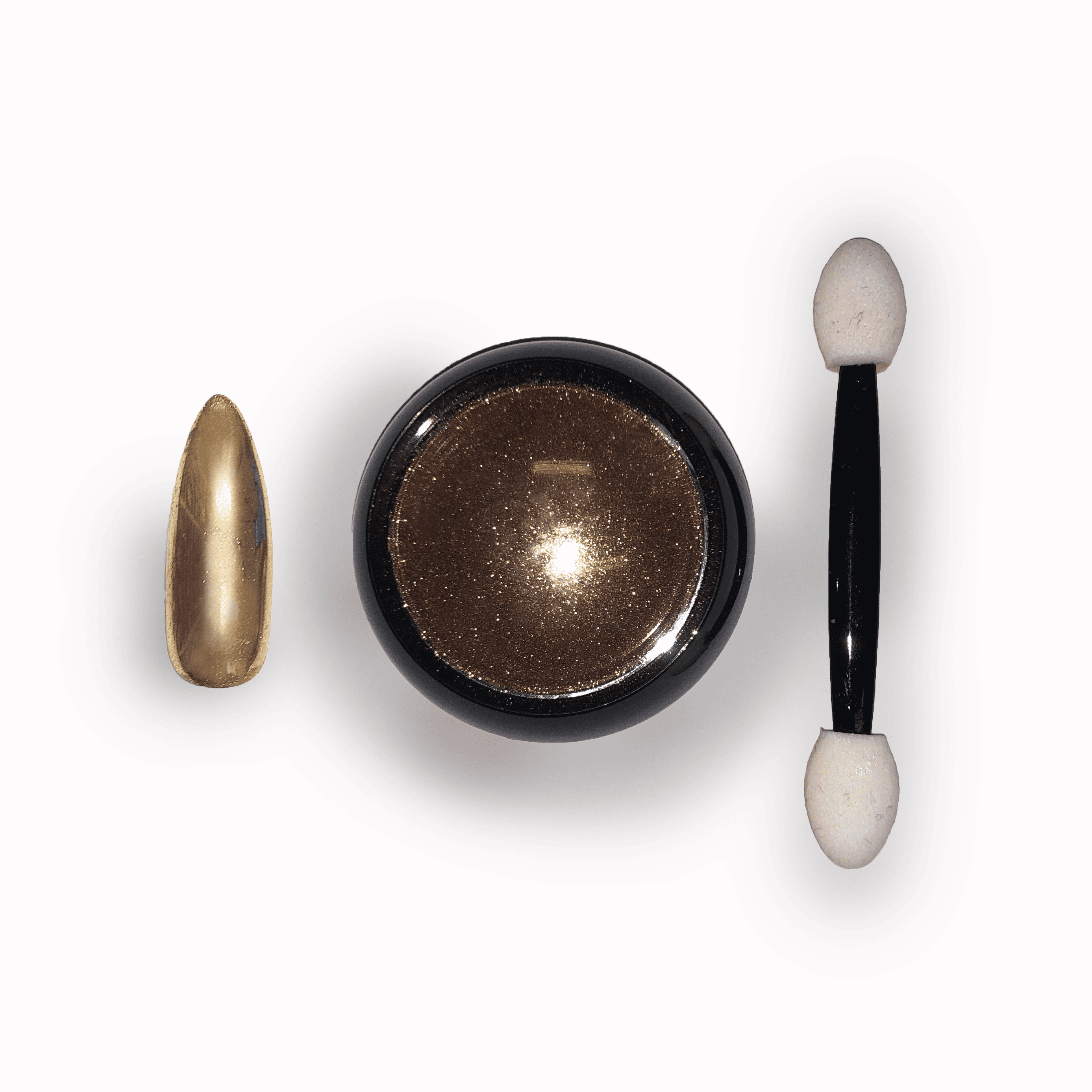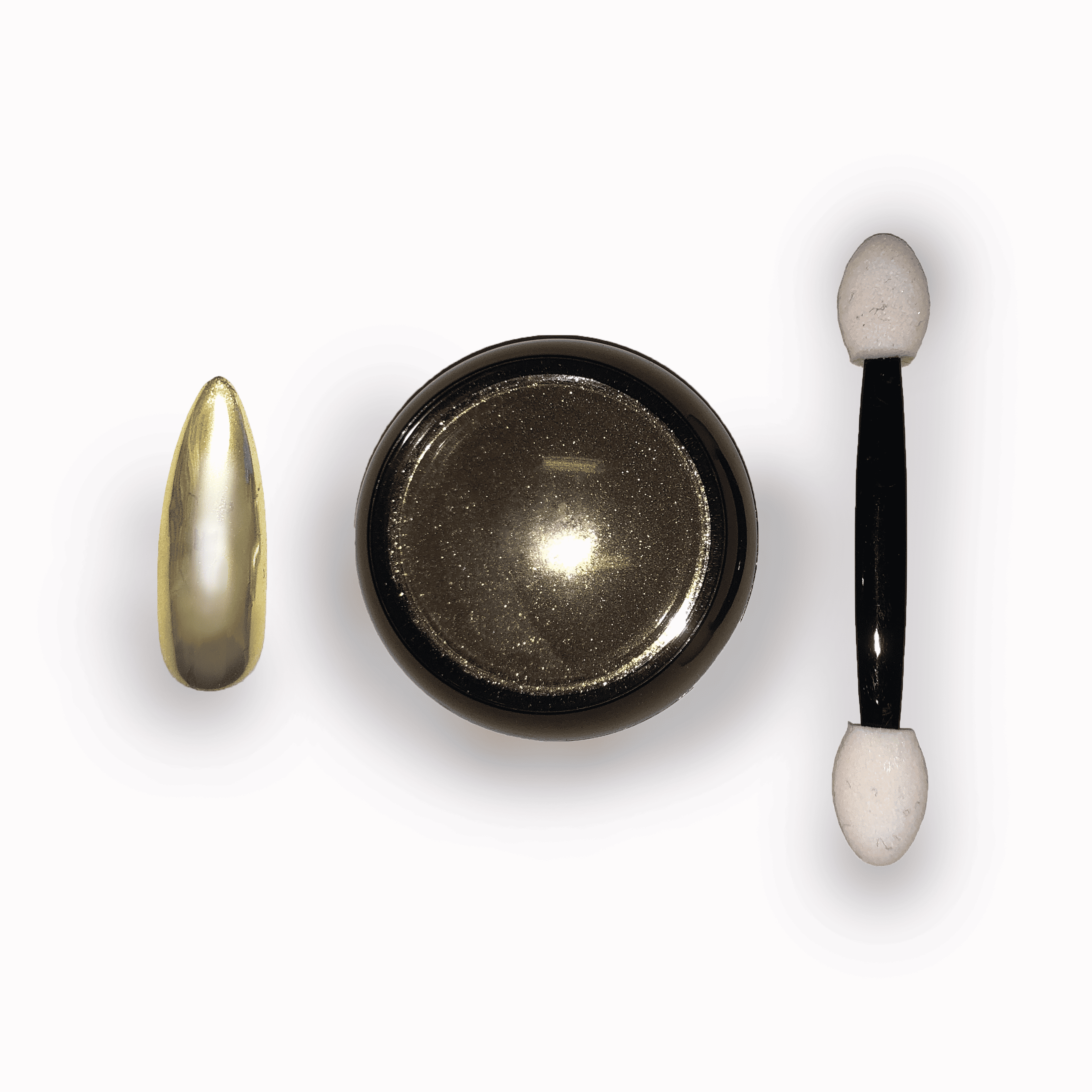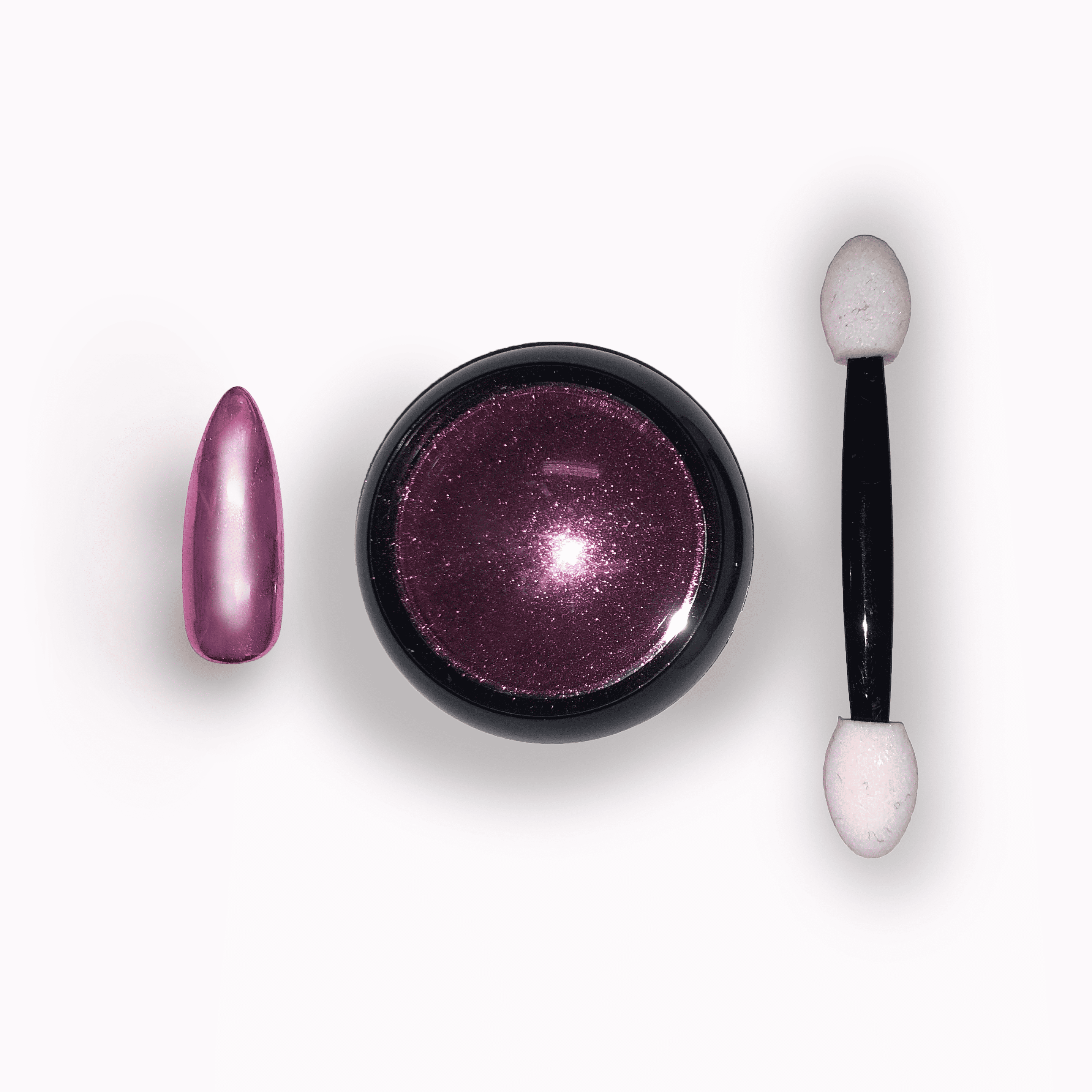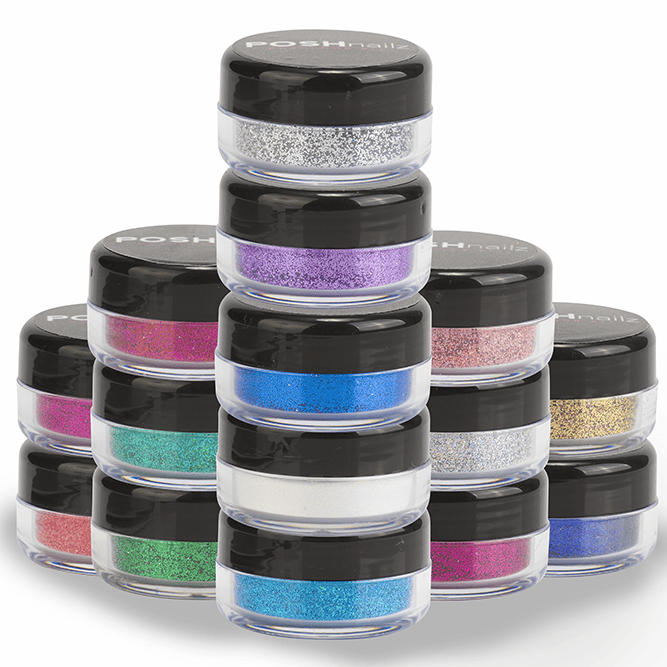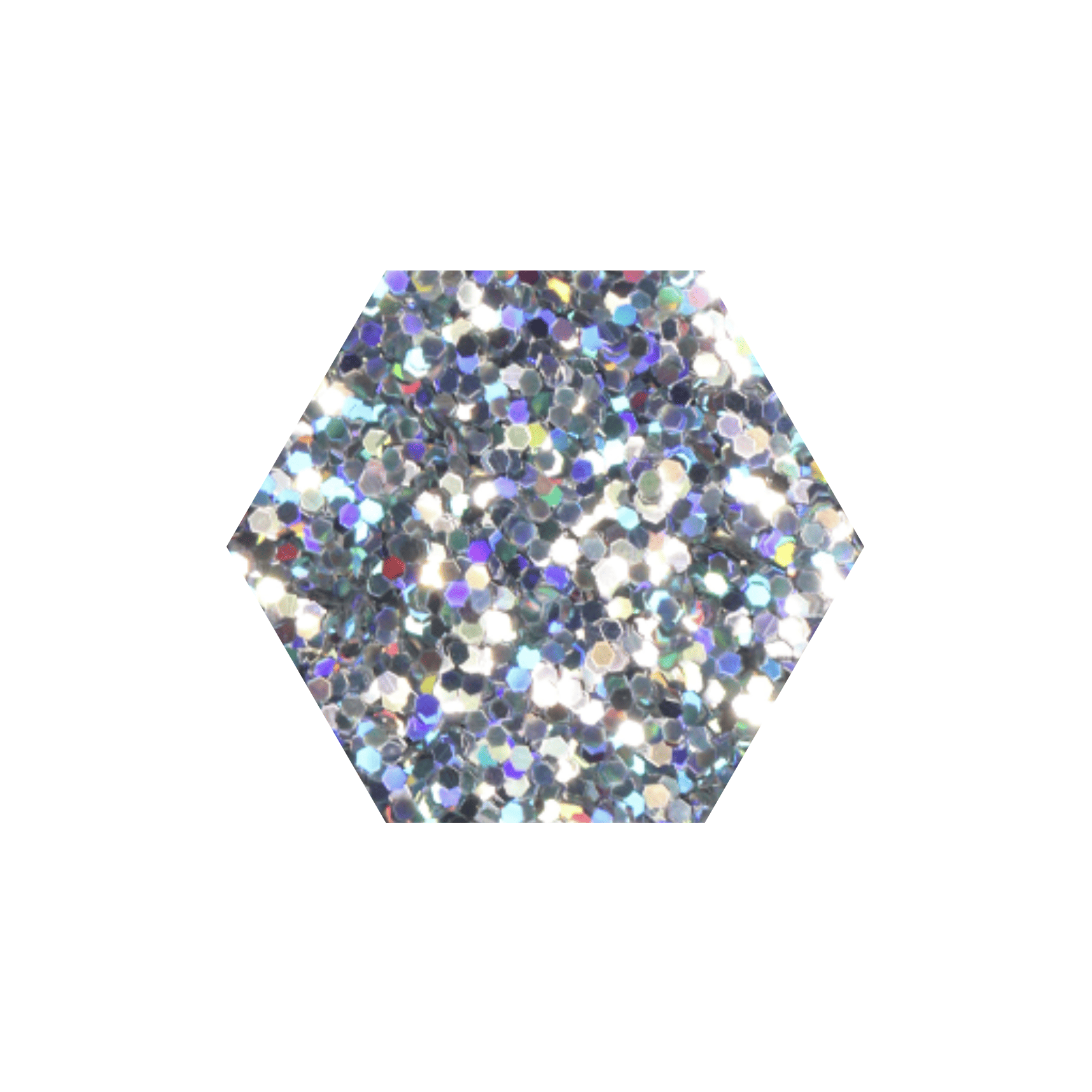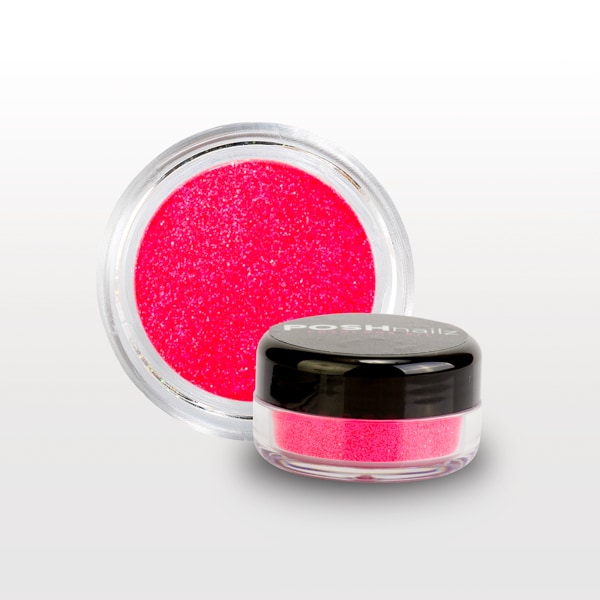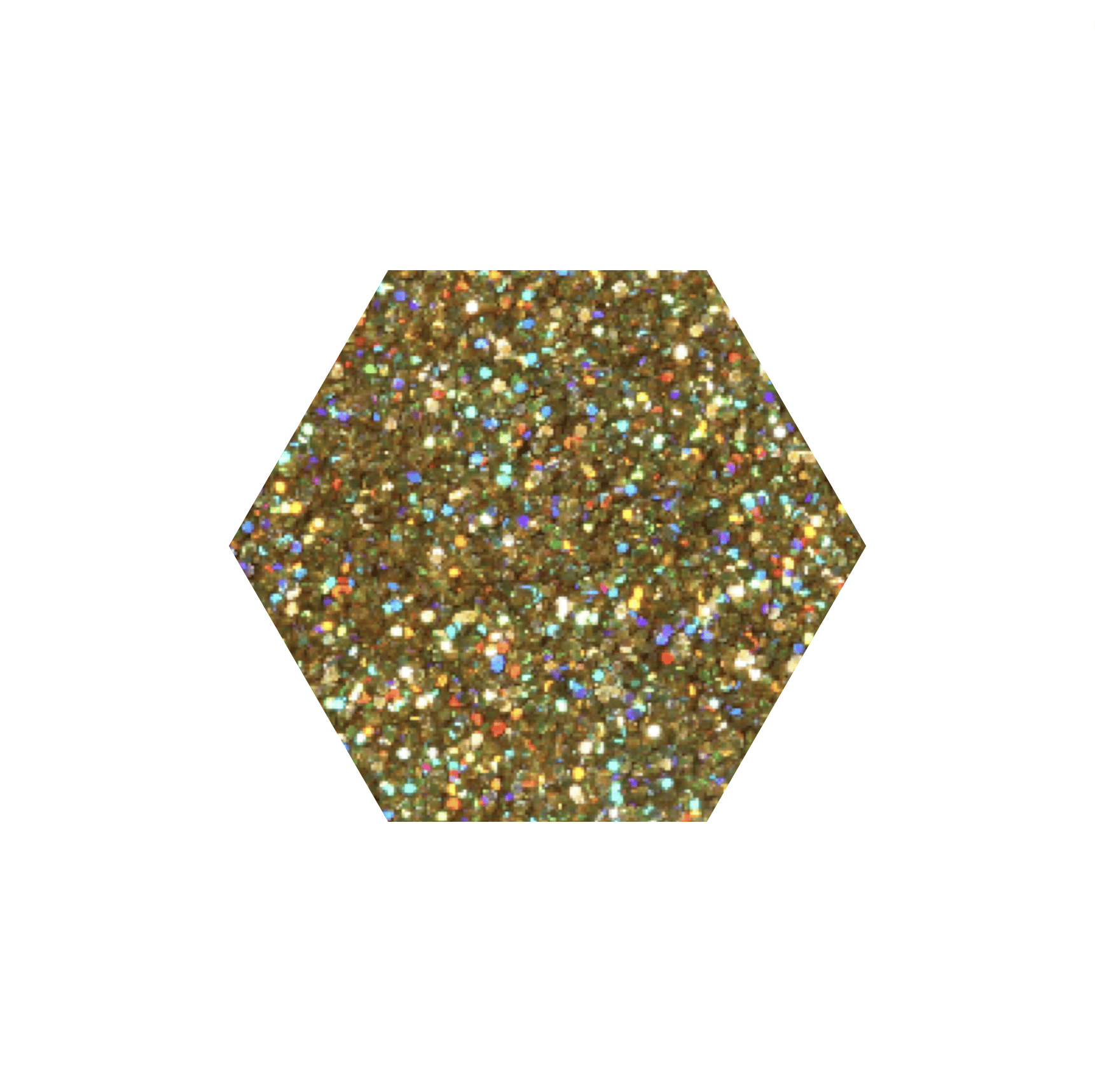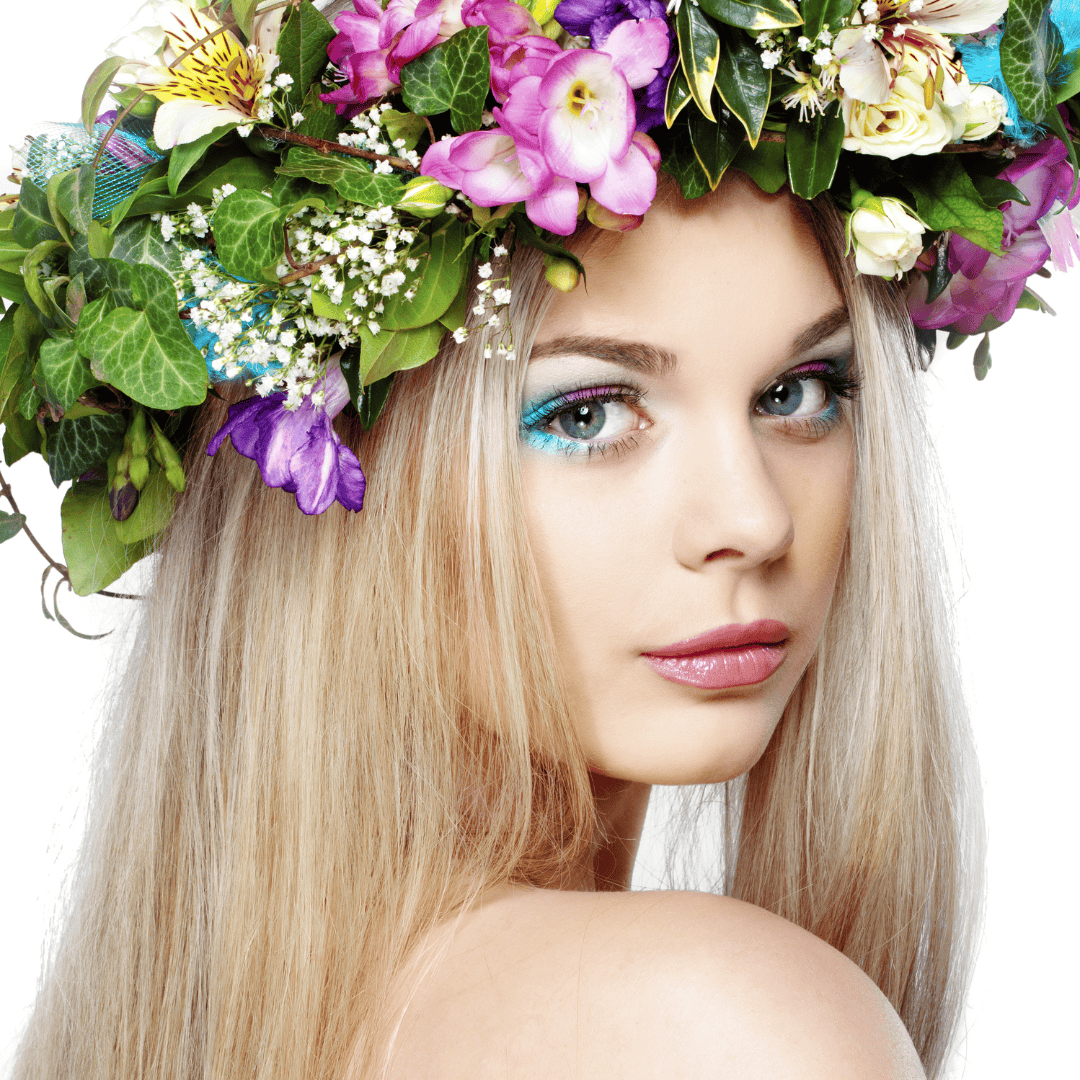While a lot of people can handle basic makeup application, certain occasions demand a professional touch. Makeup artists, also known as cosmetologists, specialise in using makeup or cosmetics to transform appearances or accentuate features for special events or performances. Understanding the process of becoming a freelance makeup artist can help you gauge its suitability as a career choice and outline the necessary steps to pursue it. This article delves into what defines a freelance makeup artist, outlines the path to becoming one, and identifies the essential skills required for success in this field.
What is a Freelance Makeup Artist?
A freelance makeup artist is a cosmetic expert who operates independently, applying makeup or cosmetics to clients’ faces to alter or enhance their appearances for aesthetic or entertainment purposes. Unlike traditional salon-based makeup artists, freelancers manage their own businesses and secure their clientele. Typically, they do not operate from a fixed location and instead travel to meet clients wherever necessary. While some may accommodate clients in their homes, others may combine salon work with freelancing. Establishing a studio space can be advantageous for long-term career growth. Freelance makeup artists cater to a diverse clientele, including actors, performers, and private individuals, and may also participate in larger projects such as movie makeup. Their work environment is flexible, but they must meet client demands to maintain their reputation and client base. Common tasks include traveling to client locations, preparing faces, applying makeup, and creating promotional content.
How to Become a Freelance Makeup Artist?
Identify Your Niche:
- Specialise in a specific area within the broad field of makeup, such as entertainment makeup or beauty makeovers.
- Consider factors like personal interests, preferred work environment, and potential earnings when selecting a niche.
Pursue Education:
- Obtain formal makeup training from accredited beauty schools or through online courses. We offer a Level 3 Makeup Artistry Course which will prepare you for all aspects of the industry.
- Consider pursuing a degree in cosmetology or related fields to gain comprehensive knowledge and skills.
- Invest in continuous learning to stay updated on industry trends and techniques.
Build Your Makeup Kit:
- Acquire a professional makeup kit comprising high-quality products and tools.
- Explore options for discounted or complimentary kits offered by beauty schools or suppliers.
- Maintain hygiene and keep well informed of advancements in makeup technology and products.
Gain Practical Experience:
- Practice makeup application on yourself, friends, or family members to hone your skills.
- Seek opportunities for internships, apprenticeships, or shadowing experienced makeup artists.
- Document your work through high-quality photos for your portfolio.
Establish Your Online Presence:
- Create an online portfolio showcasing your best work to attract potential clients.
- Utilise social media platforms to showcase your skills, engage with followers, and reach a wider audience.
- Invest in professional photography equipment to enhance the quality of your portfolio.
Register Your Business:
- Research and comply with legal requirements for registering your freelance makeup business.
- Consider the benefits of registering as a sole proprietorship and choose a memorable business name.
Market Your Services:
- Utilise various marketing channels, including word-of-mouth referrals, online platforms, and traditional advertising methods.
- Focus on delivering exceptional service to encourage positive client referrals and build a loyal customer base.
What are the Essential Skills to be a Freelance Makeup Artists?
Communication Skills:
- Ability to actively listen to clients’ needs and provide clear feedback.
- Effective communication with suppliers and other stakeholders in the makeup industry.
Creativity:
- Innovative approach to makeup application, especially in entertainment makeup or prosthetic makeup.
- Ability to creatively address challenges related to skin types or product limitations.
Social Media Awareness:
- Understanding of social media platforms and strategies to leverage them for career growth.
- Proficiency in creating engaging content and utilizing social media analytics for targeted marketing.
Basic Photography:
- Knowledge of photography fundamentals and photo editing techniques.
- Capability to capture and showcase makeup work effectively through high-quality images.
By following these steps and honing essential skills, aspiring makeup artists can embark on a successful journey as freelance professionals in the dynamic and creative field of makeup artistry.











